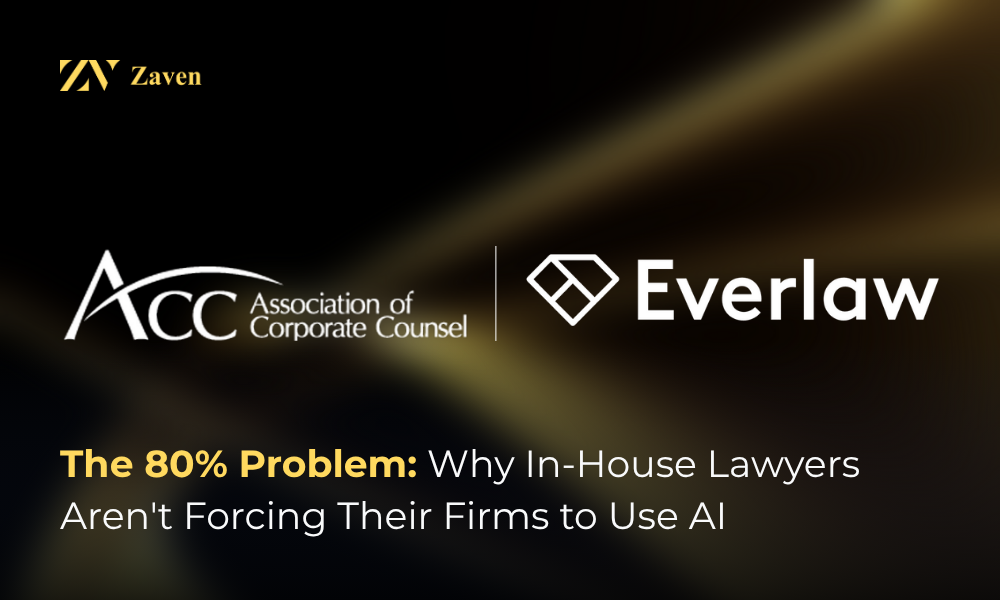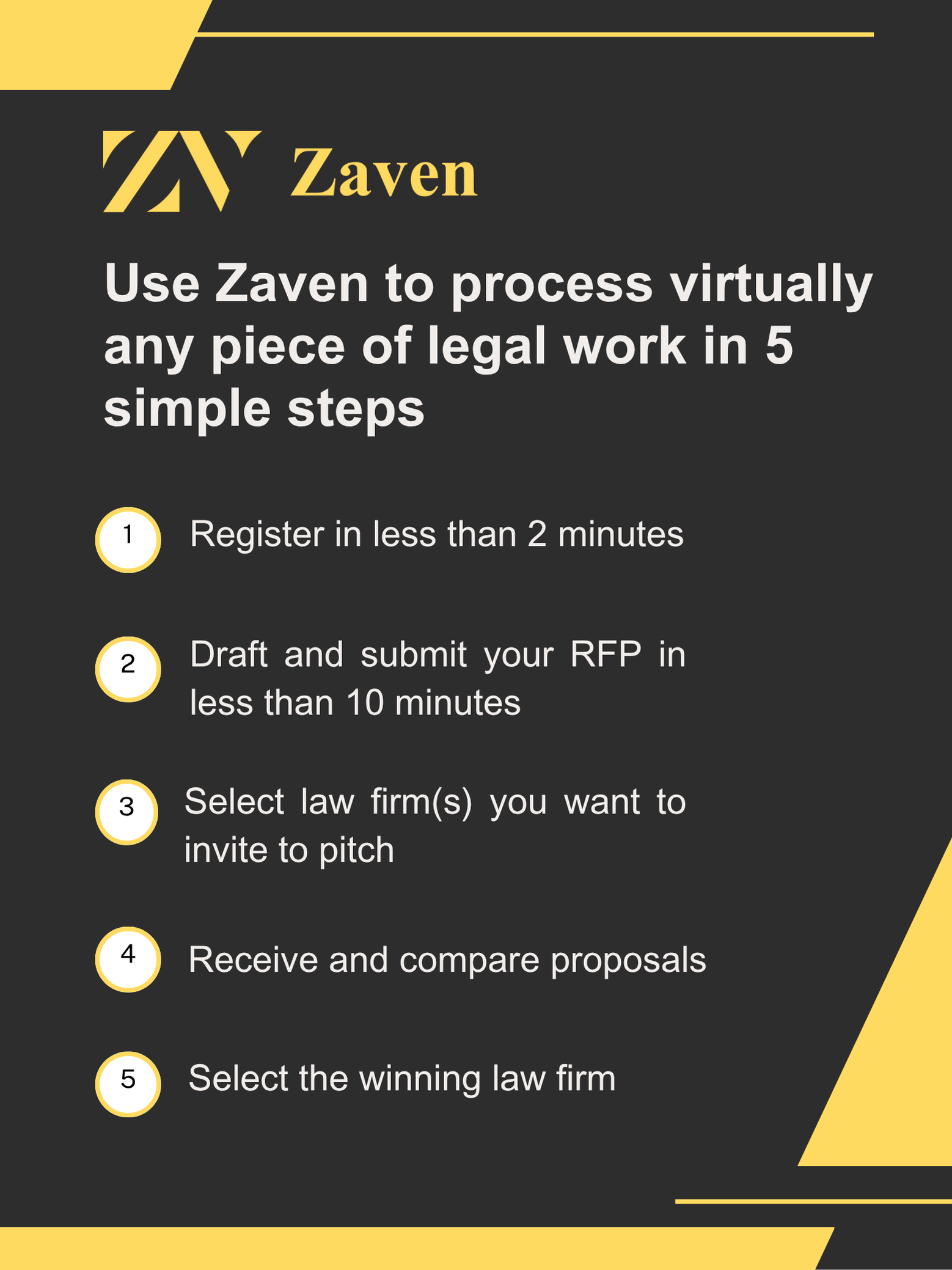In a candid discussion at Harvard Law School, Blackstone’s Chief Legal Officer John Finley expressed optimism about the future of private equity under the second Trump administration, signaling what could be a significant shift in the regulatory landscape for asset management firms.
Regulatory Relief on the Horizon
Speaking to over 150 Harvard Law students at an event hosted by the Harvard Association for Law & Business, Finley outlined how the Biden administration’s approach to private equity had created challenges for the industry. “There was a lot of hostility, just generally, towards private equity,” Finley noted, referencing heightened scrutiny from both the Federal Trade Commission and the Department of Justice.
The executive from the world’s largest private equity firm expects this climate to change dramatically. “Based on what we observed during the first Trump administration, though, I expect that to change,” Finley said during the February 11 conversation moderated by Harvard Law Professor John Coates.
Expanding Access to Retail Investors
One of the most notable opportunities Finley sees under the new administration is the potential to broaden access to private equity investments beyond the current restrictions. Existing regulations generally limit participation to individuals with over $5 million in investable assets—a threshold that excludes most retail investors.
“We see opportunities going forward for the SEC under the new administration to be more flexible with our products,” Finley stated. He specifically highlighted 401(k) plans as an area ripe for change.
“Right now, in those accounts, it’s extremely difficult to access alternatives or private equity,” he explained. “Pension plans often put money in alternatives like private equity. But if you’re in a defined contribution plan and you decide that’s how you want to invest your money, private equity suddenly isn’t an option.”
Targeted Regulatory Approaches
Rather than seeking sweeping regulatory changes, Finley suggested that case-by-case exemptions would be the most practical path forward. He acknowledged that achieving consensus on broad SEC rule proposals is extremely challenging due to the complexities of various financial products.
“I think the SEC would be very hesitant to put in a rule that gives you just total flexibility, but a new administration may be more flexible to looking on a case-by-case product basis,” he said.
Potential Tax Challenges
Despite his overall optimism, Finley did caution that the industry might face new tax challenges. The administration has indicated it might reconsider the tax treatment of “carried interest allocations” to general partners of investment funds, which are currently taxed at capital gains rates.
If these were to be reclassified as ordinary income, it would result in a tax increase of more than 15 percent—a significant hit to the industry’s economics.
Career Advice for Aspiring Corporate Finance Lawyers
Finley concluded the session by addressing students’ questions about his career path and offering advice to those interested in transitioning from law firms to in-house positions at financial companies.
His guidance was straightforward: don’t rush the transition. “Being absolutely the most talented, the most experienced, the most knowledgeable will always maximize your chances for a successful transition from a law firm to in-house counsel,” Finley advised. “So, do not be afraid of staying at a law firm on the longer side to enhance that experience and ability because it’s all about reps.”
As the financial world prepares for policy shifts under the new administration, Finley’s insights offer a window into how one of the industry’s biggest players is positioning itself to navigate—and potentially benefit from—the changing regulatory landscape.
Read more: Harvard Law







